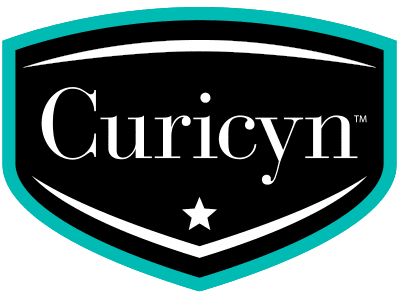Poisonous Plants for dogs and cats
Poisonous plants for dogs and cats are all around us
Poisonous plants for dogs and cats are all around us. For example, a common house or landscape plant can contain cardiac poisons, liver toxins, lung toxins, and nervous system poison. For this reason, a list of plants that can be potentially dangerous for your companion pets is found below. Thus, if you have any of them, keep them safely out of reach.
Potentially poisonous plants for dog and cats
| Apricot | Amaryllis |
| Avocado | Arrowgrass |
| Baneberry | Azalea |
| Bittersweet | Bird of Paradise |
| Black Locust | Black-eyed Susan |
| Boxwood | Bleeding Heart |
| Cactus, Candelabra | Bluebonnet |
| Cheery | Buckeyes |
| Chinaberry | Buttercup |
| Chrysanthemum | Caladium |
| Coontie Palm | Cardboard Palm |
| Cornflower | Christmas Rose |
| Cyclamen | Clematis |
| Deadly Nightshade | Delphinium |
| Eggplant | Elderberry |
| Elephant Ear | Evergreens |
| Flax | Ferns |
| Foxglove | Hemlock |
| Holly | Hyacinth |
| Hydrangea | Jerusalem Cherry |
| Jimson Weed | Lantana |
| Larkspur | Laurel |
| Lily | Locoweed |
| Lupine | Marigold |
| Mistletoe | Morning Glory |
| Mushrooms | Oleander |
| Peach | Peony |
| Philodendron | Poinsettia |
| Poison Ivy | Pokeweed |
| Poppy | Skunk Cabbage |
| Potato | Sago Palm |
| Rhododendron | Sweet Pea |
| Tobacco | Tomato |
- Chocolate and onions are also poisonous to domestic pets
- Please note that the lists of plants contained here may not be all-inclusive, but rather a compilation of the most frequently encountered plants.
In conclusion
Be conscious of the plants inside and outside of your home that could cause a problem for your animals. Additionally, keep poisonous plants out of reach. While walking your pet, watch out for any plants that could potentially harm your animal.
Equally important, if you believe your animal has ingested a poisonous plant, try to stay calm. Remember it is important to act quickly, but rationally. Take your animal to your veterinarian as soon as possible. If you can, take a piece of the plant so your veterinarian can identify what plant it is and which course of action to take. In addition, you may want to contact the ASPCA Animal Poison Control Center at (888) 426-4435. Most importantly, try to keep your pet calm.
For more information on Curicyn Animal Wound Care products click HERE
References
Flowers, A. (May 5, 2019). 10 Dog poisons: plants, foods, medicines, and more. Fetch by WebMD. Retrieved from https://pets.webmd.com/dogs/guide/top-10-dog-poisons#1
Flowers, A. (February 3, 2019). Top household hazards for cats. Fetch by WebMD. Retrieved from https://pets.webmd.com/cats/guide/top-10-cat-poisons
Pet Care/Animal Poison Control (n.d.). Poisonous plants. ASPCA. Retrieved from https://www.aspca.org/pet-care/animal-poison-control/toxic-and-non-toxic-plants
Pet Poison Helpline (n.d.). Top 10 plants poisonous to pets. Pet Poison Helpline. Retrieved from https://www.petpoisonhelpline.com/pet-owners/basics/top-10-plants-poisonous-to-pets/
